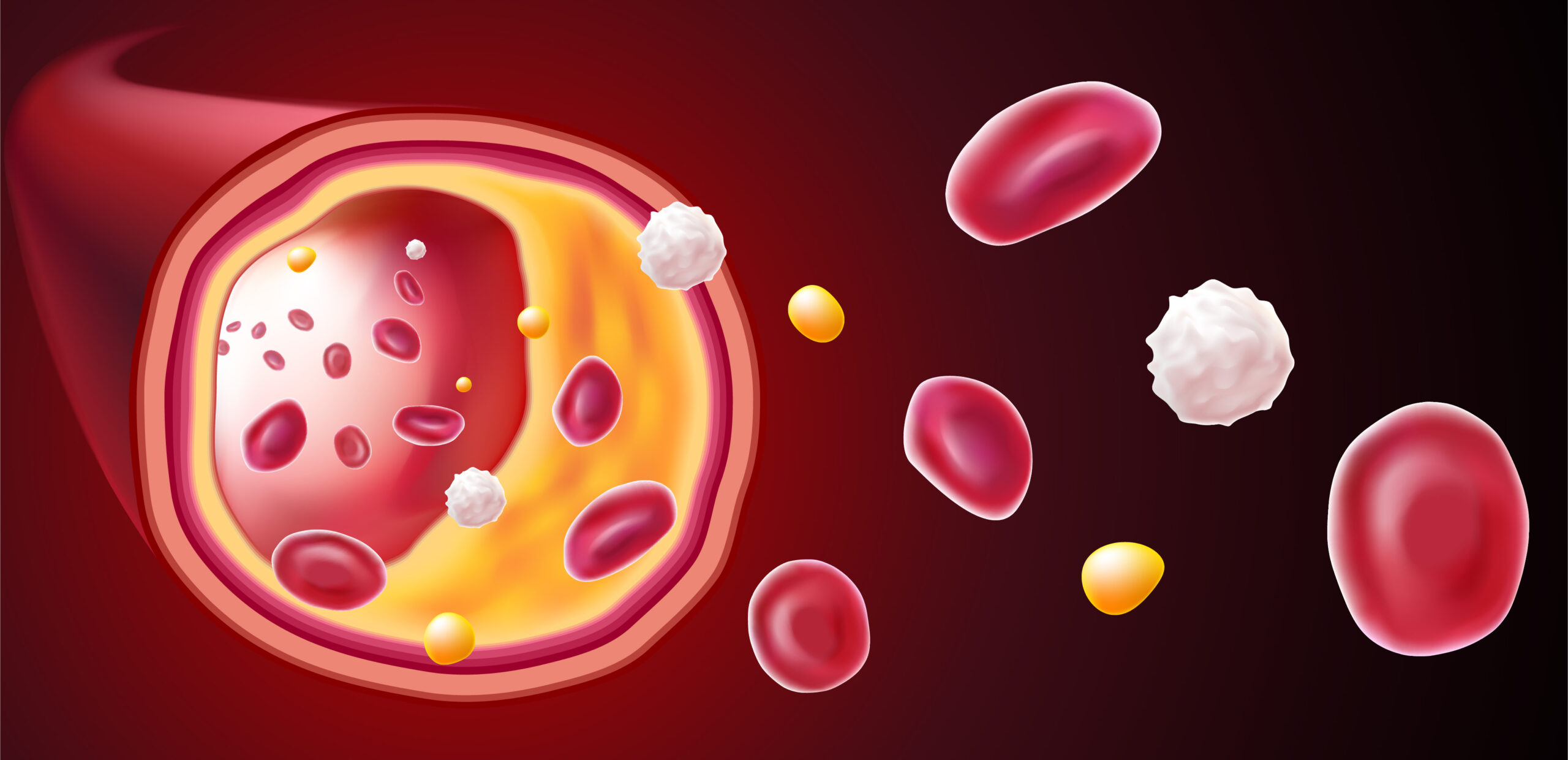Introduction to Hemophagocytic Lymphohistiocytosis (HLH)
Hemophagocytic Lymphohistiocytosis (HLH) is a rare but serious medical condition. It affects the immune system, which is the body’s defense against germs. In HLH, the immune system becomes overactive. As a result, it attacks the body’s own tissues and organs. This can cause severe inflammation and damage. Early recognition of HLH is important because it can be life-threatening if not treated quickly.
What is HLH? An Overview
HLH is a disorder where certain white blood cells, called histiocytes and lymphocytes, do not work properly. Instead of protecting the body, these cells attack healthy tissues. This leads to swelling, fever, and problems in organs like the liver and spleen. HLH can affect both children and adults. However, it is more common in young children.
Common Symptoms and Warning Signs of HLH
HLH symptoms can look like other illnesses, so it is often hard to spot. Still, knowing the warning signs can help. If you notice these symptoms, seek medical help right away:High fever that does not go awaySwollen liver or spleen (felt as a lump in the belly)Extreme tiredness or weaknessSkin rashes or easy bruisingYellowing of the skin or eyes (jaundice)Enlarged lymph nodes (small lumps in the neck, armpit, or groin)Bleeding or tiny red spots on the skin
Sometimes, HLH can also cause trouble breathing, confusion, or seizures. Because these signs can be serious, early action is key.
Main Causes and Risk Factors of HLH
There are two main types of HLH: primary and secondary. Primary HLH is caused by genetic changes passed down in families. It often appears in babies or young children. Secondary HLH happens because of another illness or trigger. For example, infections, cancers, or autoimmune diseases can cause it. Some common triggers include:Viral infections (such as Epstein-Barr virus)Bacterial or fungal infectionsCertain cancers, like lymphomaAutoimmune diseases (where the body attacks itself)
Although anyone can get HLH, having a family history or certain infections increases the risk.
How is HLH Diagnosed?
Diagnosing HLH can be challenging because its symptoms look like other illnesses. However, doctors use several tests to confirm HLH. These may include:Blood tests to check for low blood cell counts and high inflammationTests for liver and spleen sizeBone marrow biopsy (taking a small sample to look for abnormal cells)Genetic testing for inherited forms of HLHImaging tests, such as ultrasound or CT scans
Because HLH is rare, it is important to see a specialist, such as a hematologist, for proper diagnosis.
HLH Treatment Options and Prognosis
Treating HLH needs quick action. The main goal is to calm the immune system and stop damage to organs. Treatment options may include:Steroid medicines to reduce inflammationDrugs that suppress the immune systemChemotherapy medicinesAntibiotics or antiviral drugs if an infection is presentBone marrow or stem cell transplant for severe or genetic HLH
With early treatment, many people recover. However, HLH can be life-threatening if not treated quickly. The outlook depends on the cause, age, and overall health of the patient.
Lifestyle Guidance and Support for Patients and Families
Living with HLH can be stressful for both patients and families. But support and care can make a big difference. Here are some helpful tips:Follow your doctor’s advice and take all medicines as prescribedAttend regular check-ups to monitor your healthEat a healthy, balanced diet to support recoveryGet enough rest and avoid infectionsSeek support from counselors or patient groups
Moreover, talking openly with your healthcare team can help you understand the condition better. This can reduce fear and confusion.
Prevention and Early Detection Tips
Since primary HLH is genetic, it cannot be prevented. However, early detection is possible if there is a family history. For secondary HLH, treating infections and other triggers early can help lower the risk. If you or your child have symptoms like ongoing fever, tiredness, or swelling, see a doctor right away. Early action can save lives.
Conclusion
HLH is a rare but serious condition that needs fast medical care. Knowing the symptoms, causes, and treatment options can help you act quickly. If you suspect HLH, consult a hematology specialist for personalized advice and care.
